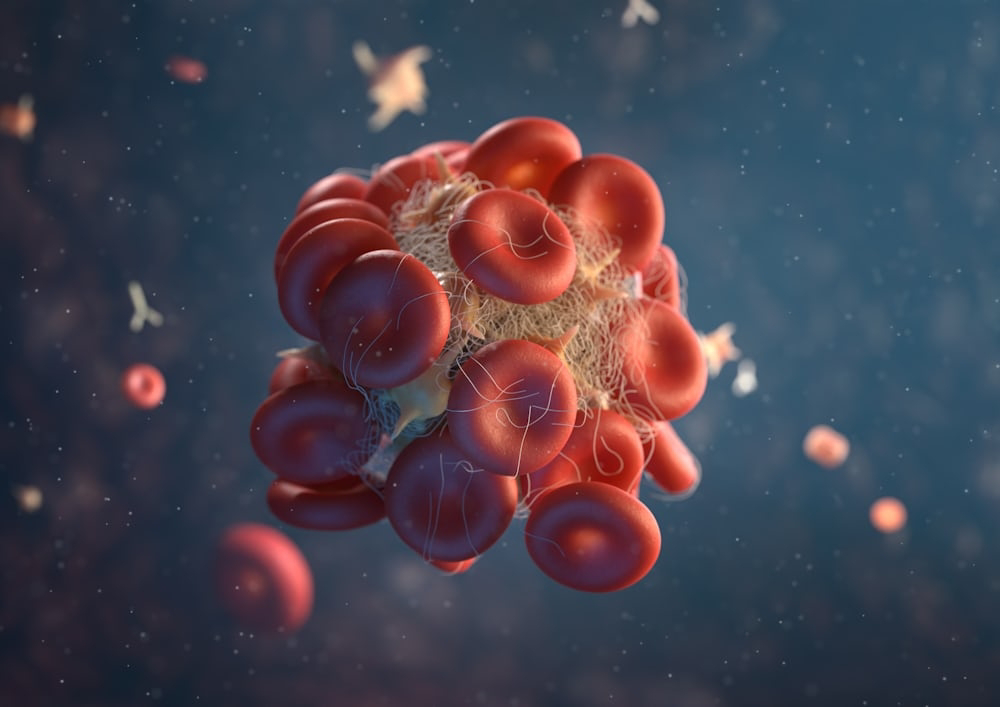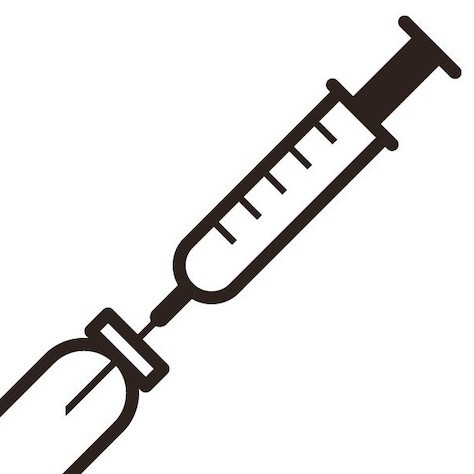The Role of Testosterone in Men's Mental Health: An In-Depth Exploration
Testosterone, the primary male sex hormone, is often associated with physical attributes such as muscle mass, body hair, and deep voice. However, its influence extends far beyond physical characteristics, playing a significant role in men's mental health. This article delves into the complex relationship between testosterone and mental well-being, exploring its effects on mood, cognition, and overall psychological health.
Understanding Testosterone
Testosterone is produced primarily in the testes, with small amounts also being produced by the adrenal glands. It plays a crucial role in the development of male reproductive tissues and secondary sexual characteristics. The production of testosterone is regulated by the hypothalamic-pituitary-gonadal axis, involving a delicate balance of hormonal signals.
Testosterone levels fluctuate throughout a man’s life, peaking during adolescence and early adulthood and gradually declining with age. This natural decline can sometimes lead to a condition known as hypogonadism, characterized by abnormally low testosterone levels. Understanding the broad spectrum of testosterone's effects is crucial for recognizing its impact on mental health.
Testosterone and Mood
Depression: Numerous studies have established a correlation between low testosterone levels and an increased risk of depression in men. Testosterone has been shown to exert antidepressant effects by modulating neurotransmitter systems, including serotonin, dopamine, and norepinephrine. These neurotransmitters play pivotal roles in regulating mood and emotional responses. Men with low testosterone often experience symptoms such as persistent sadness, loss of interest in activities, and fatigue, which are hallmark signs of depression.
A study published in the Journal of Clinical Endocrinology & Metabolism found that men with low testosterone levels were four times more likely to be diagnosed with clinical depression. Additionally, another study indicated that testosterone supplementation could significantly reduce depressive symptoms in men with hypogonadism, highlighting the hormone’s potential role in mood regulation.
Anxiety: Anxiety disorders are also linked to testosterone levels. Lower testosterone is associated with higher anxiety levels, possibly due to its impact on the amygdala and other brain regions involved in fear and stress responses. The amygdala plays a critical role in processing emotions, particularly fear and anxiety. Testosterone’s modulation of amygdala activity suggests its potential in mitigating anxiety.
Research has shown that men with higher levels of testosterone tend to have lower anxiety levels. Testosterone replacement therapy (TRT) has been reported to reduce anxiety symptoms in men with hypogonadism. This therapeutic effect may be due to testosterone’s ability to enhance the brain's resilience to stress, thus lowering overall anxiety levels.
Irritability and Aggression: Testosterone is often stereotypically linked to aggression and irritability. While supraphysiological levels (excessively high) of testosterone can increase aggressive behaviors, normal physiological levels are essential for emotional stability. Low testosterone can lead to increased irritability and mood swings, contributing to interpersonal difficulties.
It is important to distinguish between the effects of normal versus abnormally high testosterone levels. High levels, often seen in anabolic steroid users, can indeed exacerbate aggressive behavior. However, normalizing testosterone levels in hypogonadal men often leads to improvements in mood stability and reductions in irritability.
Testosterone and Cognitive Function
Memory and Learning: Testosterone influences cognitive functions, including memory and learning. Studies have shown that men with higher testosterone levels tend to perform better on spatial memory tasks. Spatial memory, which involves the ability to navigate and remember locations, is particularly influenced by testosterone.
Testosterone may enhance synaptic plasticity, promoting the formation of new neural connections critical for learning and memory. Research conducted at the University of Hong Kong demonstrated that testosterone administration improved spatial memory performance in male rats. Similar effects have been observed in human studies, suggesting that testosterone plays a vital role in cognitive health.
Attention and Executive Function: Executive functions, such as planning, decision-making, and attention, are also impacted by testosterone levels. Men with adequate testosterone levels generally exhibit better cognitive flexibility and attentional control. Conversely, low testosterone can impair these cognitive domains, leading to difficulties in focusing and making decisions.
A study published in the journal Hormones and Behavior found that testosterone positively correlates with cognitive function in older men. This relationship suggests that maintaining healthy testosterone levels could be crucial for preserving cognitive abilities as men age. Furthermore, testosterone’s influence on neurotransmitter systems likely contributes to its effects on attention and executive function.
Testosterone and Overall Psychological Health
Energy and Motivation: Testosterone is closely tied to energy levels and motivation. Men with low testosterone often report fatigue, decreased motivation, and a lack of drive. These symptoms can significantly impact daily functioning and overall quality of life. Testosterone's role in regulating energy metabolism may explain these effects, as the hormone influences the body's efficiency in utilizing energy.
Clinical studies have shown that testosterone replacement therapy can lead to significant improvements in energy levels and motivation. Men undergoing TRT often report feeling more energetic and driven, which can enhance their overall quality of life. This increase in energy can also positively impact other areas of mental health, including mood and cognitive function.
Self-Esteem and Confidence: Self-esteem and confidence are partially influenced by testosterone. Adequate levels of the hormone contribute to a positive self-image and higher confidence. Men with low testosterone may experience diminished self-esteem, which can affect their social interactions and professional life.
Low testosterone levels are often associated with negative body image and reduced self-confidence. By contrast, restoring testosterone to normal levels through TRT can improve self-perception and boost confidence. This improvement can lead to enhanced social interactions and a more active social life, further supporting mental health.
Stress Resilience: Testosterone has been linked to the body's stress response. It can enhance resilience to stress by modulating the activity of the hypothalamic-pituitary-adrenal (HPA) axis. The HPA axis is a central part of the body’s stress response system, and testosterone’s regulatory effects can help maintain a balanced stress response.
Men with balanced testosterone levels are generally better equipped to cope with stressors, while low testosterone can exacerbate stress and anxiety. Studies have shown that testosterone administration can blunt the cortisol response to stress, indicating that the hormone may buffer against the harmful effects of chronic stress. This stress resilience is critical for overall mental health and well-being.
The Impact of Testosterone Replacement Therapy (TRT)
For men with clinically low testosterone levels, testosterone replacement therapy (TRT) can offer significant mental health benefits. TRT aims to restore testosterone to normal physiological levels, alleviating many of the psychological symptoms associated with low testosterone.
Improved Mood: TRT has been shown to improve mood and reduce symptoms of depression and anxiety. Many men undergoing TRT report feeling more emotionally balanced and resilient. This improvement in mood can be attributed to testosterone’s effects on neurotransmitter systems and brain regions involved in emotional regulation.
Enhanced Cognitive Function: TRT can enhance cognitive functions, including memory, attention, and executive functioning. This improvement can lead to better performance in both personal and professional settings. Studies have demonstrated that TRT can reverse some of the cognitive deficits associated with low testosterone, particularly in older men.
Increased Energy and Motivation: Men on TRT often experience increased energy levels and motivation, contributing to a more active and fulfilling lifestyle. This increase in energy can support engagement in physical activities, which further benefits mental health by reducing stress and improving mood.
Better Stress Management: TRT can improve the body's response to stress, helping men manage stressors more effectively. By enhancing stress resilience, TRT can reduce the overall impact of stress on mental health. This improved stress management is crucial for maintaining emotional stability and preventing stress-related mental health issues.
Risks and Considerations
While TRT offers numerous benefits, it is essential to approach it with caution. Potential risks include cardiovascular issues, sleep apnea, and prostate health concerns. Therefore, men considering TRT should undergo thorough medical evaluation and monitoring by a healthcare professional.
Cardiovascular Risks: Some studies have suggested that TRT may increase the risk of cardiovascular events such as heart attacks and strokes. It is crucial for men with preexisting cardiovascular conditions to discuss the potential risks and benefits of TRT with their healthcare provider.
Prostate Health: Elevated testosterone levels can stimulate prostate growth, potentially exacerbating conditions like benign prostatic hyperplasia (BPH) or increasing the risk of prostate cancer. Regular monitoring of prostate-specific antigen (PSA) levels is recommended for men undergoing TRT.
Sleep Apnea: TRT can worsen sleep apnea, a condition characterized by interrupted breathing during sleep. Men with sleep apnea should be carefully evaluated before starting TRT, and alternative treatments may be considered if TRT poses significant risks.
Hematocrit Levels: TRT can increase hematocrit levels, leading to thicker blood and a higher risk of blood clots. Regular blood tests are necessary to monitor hematocrit levels and ensure they remain within a safe range. If hematocrit levels become too high, adjustments to TRT dosage or alternative treatments may be required.
In conclusion, testosterone plays a crucial role in men's mental health, influencing mood, cognition, energy levels, and overall psychological well-being. Understanding this relationship is essential for addressing mental health issues in men, particularly those with low testosterone levels. While TRT can offer significant benefits, it is vital to approach it under medical supervision to minimize risks and ensure optimal outcomes. As research continues to uncover the intricate links between testosterone and mental health, more targeted and effective interventions can be developed to support men's mental well-being.






Comments
Post a Comment